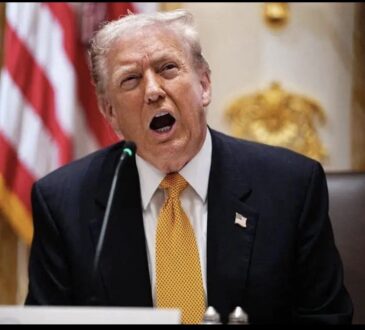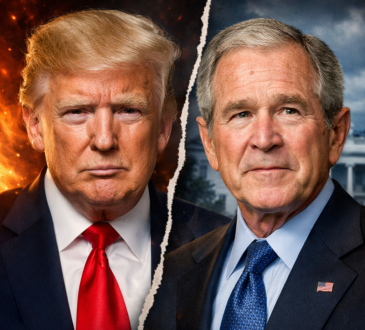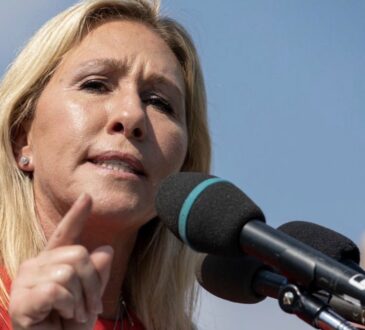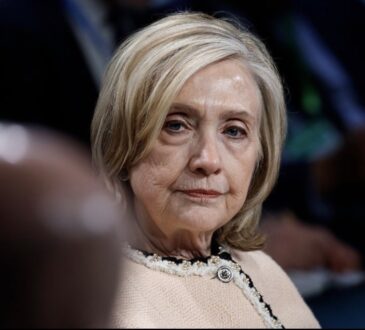Donald Trump demands that Beyoncé be prosecuted for campaigning for Kamala Harris But He Forgot This

President Donald Trump is once again under fire after publicly demanding that Beyoncé and other celebrities be prosecuted for supporting Kamala Harris during the 2024 presidential election. In a heated post on Truth Social, Trump accused the Harris campaign of illegally paying millions of dollars to celebrities for their endorsements — a claim he’s repeated before, but one that has already been debunked by investigations and public records.
In the post, Trump alleged that Beyoncé was paid $11 million for an endorsement, Oprah Winfrey received $3 million for “expenses,” and Al Sharpton was given $600,000 — all of it, he claimed, for doing “absolutely NOTHING.” He insisted the payments were illegal, falsely stating, “YOU ARE NOT ALLOWED TO PAY FOR AN ENDORSEMENT,” and called for Kamala Harris and the celebrities involved to face prosecution.
However, publicly available campaign finance documents from the 2024 election cycle tell a different story. While the Harris campaign did spend money on events that featured celebrities, the funds were used for production costs, support staff, and venue expenses — not for paying celebrities directly for endorsements. In fact, a New York Times investigation confirmed in late 2024 that none of the named celebrities received personal payments from Harris’ campaign.
Beyoncé, who gave a speech supporting Harris at a reproductive rights rally, was paid nothing personally. The Harris campaign did pay her production company $165,000 to cover costs for staging and event coordination. Likewise, Oprah was involved in producing a livestream event in Michigan, and her company was paid $1 million for the event’s expenses. Oprah later clarified publicly that she took no personal fee, saying on Instagram, “The people who worked on that production needed to be paid. And were. End of story.”
As for Sharpton, the campaign donated $500,000 to his organization, the National Action Network, ahead of an MSNBC interview. Again, there’s no indication of a direct personal payment for an endorsement.
Federal Election Commission (FEC) rules do not ban paying for campaign services or endorsements — as long as they’re properly disclosed. Experts have pointed out that campaigns are allowed to cover costs associated with celebrity appearances, including logistics and staffing, as long as nothing is hidden or falsely reported.
Trump’s renewed accusations come as he faces growing pressure over his own legal and ethical controversies — including scrutiny of his ties to convicted sex trafficker Jeffrey Epstein. Some observers believe Trump’s escalating attacks on Harris and her celebrity supporters are intended to deflect from his own problems, including public backlash over his comments about potentially pardoning Epstein’s associate Ghislaine Maxwell.
In addition to Beyoncé and Oprah, Trump has also recently lashed out at Bruce Springsteen, Lady Gaga, and Katy Perry for backing Harris, even calling for a “major investigation” into musicians who criticized him. Springsteen, a longtime critic of Trump, called the president “mentally ill” during a concert in Manchester and endorsed Harris during the election, even performing at her campaign events.
Meanwhile, Trump’s behavior and rhetoric continue to provoke responses from the entertainment world. A new South Park episode, titled Sermon On The Mount, aired just days ago and mocked Trump in brutal fashion — portraying him in bed with Satan and even featuring a cartoon version of him with a micro-penis. The White House reportedly reacted with anger to the episode, which also took aim at Canadian tariffs and the recent cancellation of The Late Show With Stephen Colbert.
While Trump’s claims about campaign payments have been largely dismissed by experts and disproven by public records, his repeated efforts to criminalize celebrity endorsements of political opponents raise serious concerns about how he uses his platform — and the presidency — to target critics and shift attention away from his own legal and political troubles.




